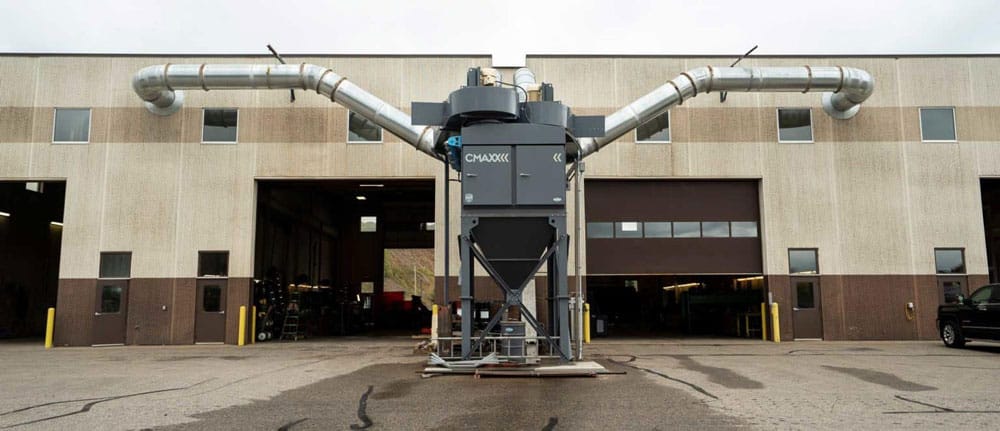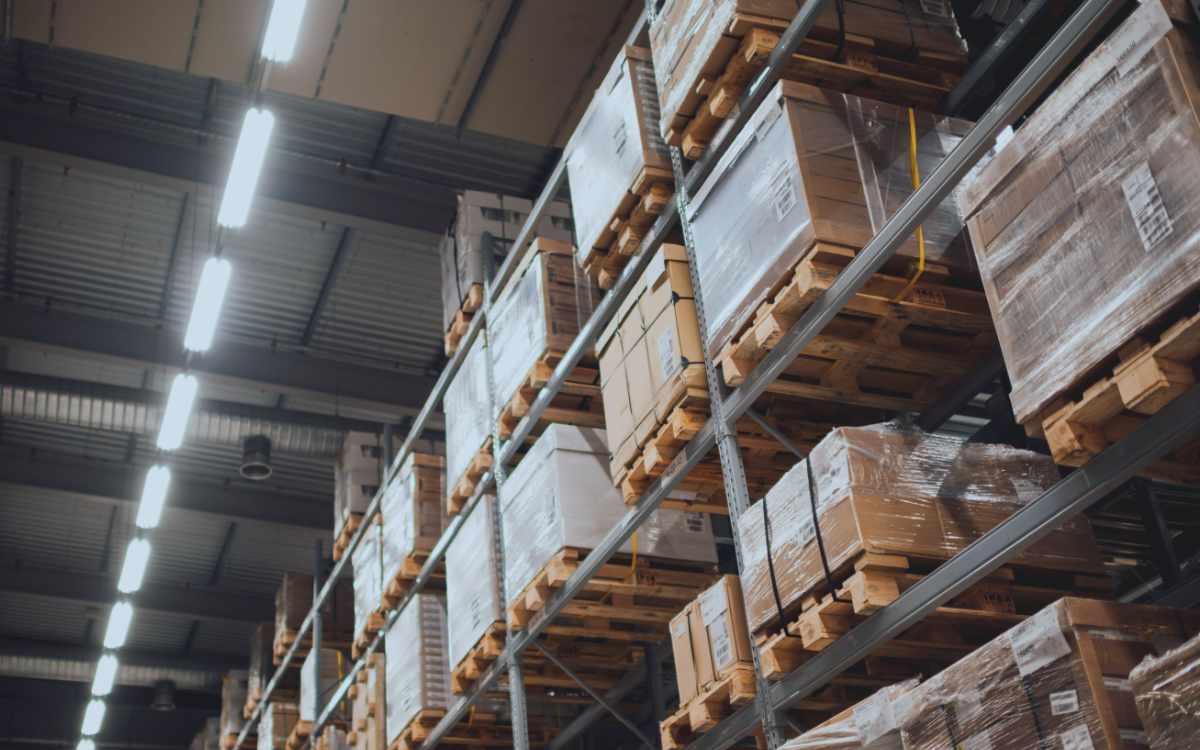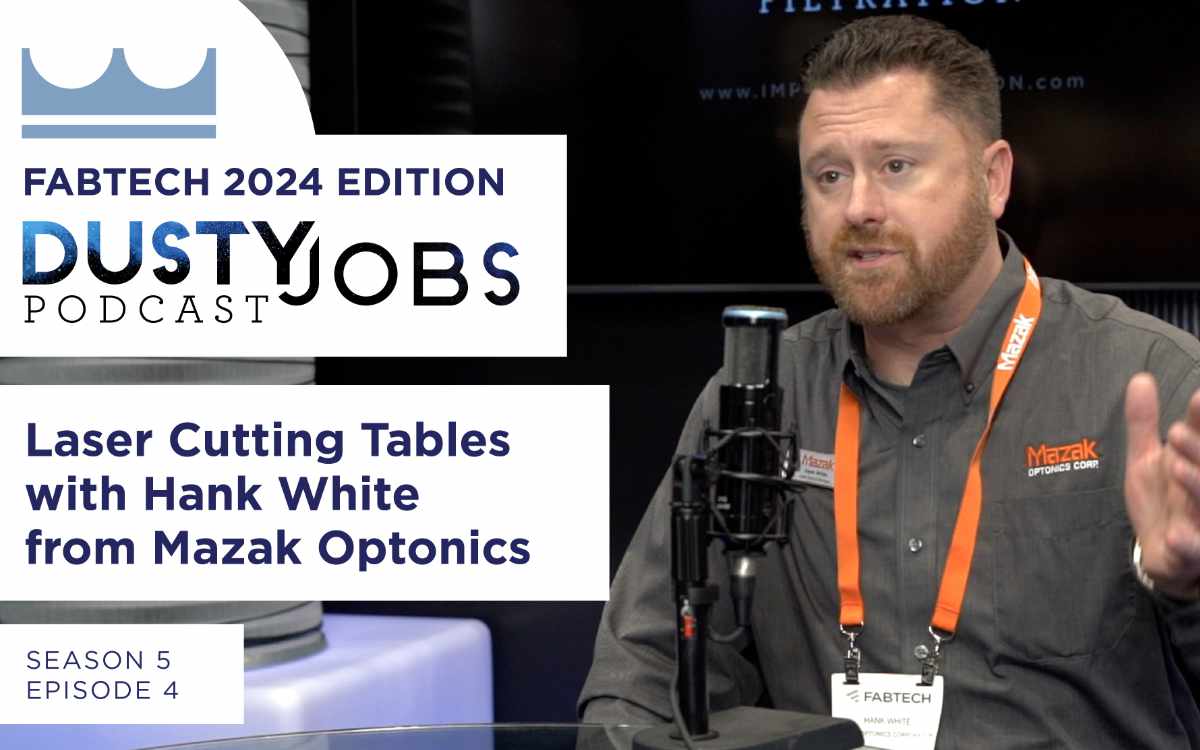You make a big investment when you purchase a dust collector. Which one do you need? We’ll look past the advertising and talk about the factors that matter. What features matter the most to you?
You need a dust collector that does the job you’re buying it to do. Let’s go over some of the factors that will help decide which features you need when buying a dust collector.
TAKE THE QUIZ TO FIND OUT WHICH DUST COLLECTOR YOU MAY NEED TO BUY
The answer key is below the questions.
1. How big are the particles of dust you’re picking up?
a) usually large pieces like wood chips or chunks of material
b) small dust, but it’s fibrous, sticky, or abrasive
c) very small particles, like metal fumes
d) usually just Mike’s sandwich crumbs (he’s a really messy eater)
2. How flammable is your dust, according to a dust test?
a) not very flammable at all
b) flammable but not likely to be explosive
c) highly flammable and potentially explosive
d) Dave lit some with a match and it made sparks, so that’s probably bad
3. What are the main sources of dust in your facility?
a) one machine produces most of the dust
b) several machines or processes produce dust
c) people move around the facility and produce dust at different places
d) most of it comes from Larry
4. What is your biggest concern about dust in your facility?
a) accumulation of dust around the building
b) the dust might be harmful to worker health
c) the dust contaminates or messes up other processes
d) the dust will get in Tom’s energy drink and we’ll never hear the end of it
5. Where will you plan to put your dust collector?
a) outside the building
b) inside the building
c) not completely sure yet
d) it’ll look marvelous on the coffee table in the living room
6. Is the time spent doing maintenance on the dust collector an issue?
a) it’s hard to find a chance to get it done
b) having to shut down production can be a major issue
c) we don’t like it, but we just schedule it and get it done
d) we just wait till something breaks
7. Will the air going into the dust collector have high temperature or high humidity?
a) high temperature and/or high humidity
b) not sure at this point
c) neither one
d) depends on how close George is standing
8. Is your dust a known serious health hazard (lead, silica, hexavalent chromium, etc)?
a) as far as we know, it isn’t a major health hazard
b) we’re not sure how much of a health hazard it might be
c) it doesn’t present any serious health hazard
d) Steve’s been licking it and he seems fine. Mostly.
9. What experience have you had with dust collector manufacturers so far?
a) talked to a representative from a few companies
b) gotten some price estimates to compare
c) haven’t had a serious talk with anyone yet
d) so far, they haven’t impressed us much
10. How confident do you feel about understanding dust regulations?
a) we’ve read through a lot of them and feel pretty good about it
b) it’s hard to make any sense out of some of it
c) we try to stay up to date on things b reading the news about it
d) our uncle Jim knows a lot about that, so we just ask him

ANSWER KEY:
Question 1
The size and texture of your particulate will help decide what kind of dust collector you need. Large chunks or abrasive material might need a cyclone or other device to remove them from the air stream. Fibrous or sticky dust may require special filters. Particulate as small as weld fumes requires the efficiency of a cartridge filter like the DeltaMAXX Prime. Tell Mike to eat his sandwich outside and the birds will clean up after him.
Question 2
Many kinds of dust can ignite. The flammability and explosiveness of your dust decides what types of safety features you will need to meet safety standards. Combustible dust presents a serious hazard. Dave should not be lighting things on fire at work. Just saying.
Question 3
If most of the dust comes from one or a few machines, you may need a source capture dust collection system. It picks up dust at each area with an arm, hood, or table. If dust occurs all over the facility, an ambient system can exchange the air in the space with clean air to remove dust. Not sure what to tell you about Larry.
Question 4
Controlling dust protects from all these problems. Preventing accumulation of dust limits the potential for an explosion. Limiting worker exposure prevents health problems due to inhaled particles. Dust can contaminate other processes or get into places it doesn’t belong. And we all know that no one wants to hear Tom complain about his energy drink again. What is dragonfruit, anyway?
Question 5
Dust collectors may be found inside or outside. With combustible dust, a dust collector needs to have proper venting to the outdoors or a flameless explosion vent. Considering the size of a dust and fume collector, you may want it outdoors. If you plan to use it as a coffee table decoration, we recommend having a large coffee table and a reinforced floor.
Question 6
No one likes to shut down production to work on the dust collector. In reality, no one likes to work on the dust collector at all. Two bits of good news: first, choosing the right dust collector for your needs will decrease maintenance time, and second, you can schedule our ServiceMAXX team to do your dust collector’s needed maintenance. Please do not wait till something breaks. We’re sure you don’t do that. But you probably know someone who does.
Question 7
If the air entering the dust collector has high heat or humidity, this affects the functioning of the system. Regular filters, especially cartridge filters, might not tolerate the heat. Humidity can cause dust to stick to filters or weaken the material. We have options for heat-tolerant and humidity-resistant filters. We don’t know what’s wrong with George but it sounds like maybe he should try a better deodorant.
Question 8
Dusts that cause serious health problems need dust collectors with special safety features. The list includes carcinogens like hexavalent chromium and toxins like lead. HEPA filters capture very fine, small particles. HEPAs can work as a backup system to capture any tiny amounts of dust that get through the main filters, or if a leak occurs. And stop making things up about Steve. You know he hates that.
Question 9
You might have talked to some companies already. Maybe the people you spoke to didn’t impress you. We’ve talked to them, and honestly most of them don’t impress us much either. You’ve come to the right place, and we look forward to talking more.
Question 10
Trying to understand all the different dust regulations and standards will give anyone a headache. Even finding all of them can be impossible. If you don’t have time to dig through NFPA 68 to find the equation for an explosion vent angle, we don’t blame you one bit. Find a helpful resource (like us, perhaps?) to do the research and save you time. And don’t listen to Uncle Jim. He’s making it up. There’s no such thing as the “OSHA Five-Second Rule for Dropped Donuts”.


